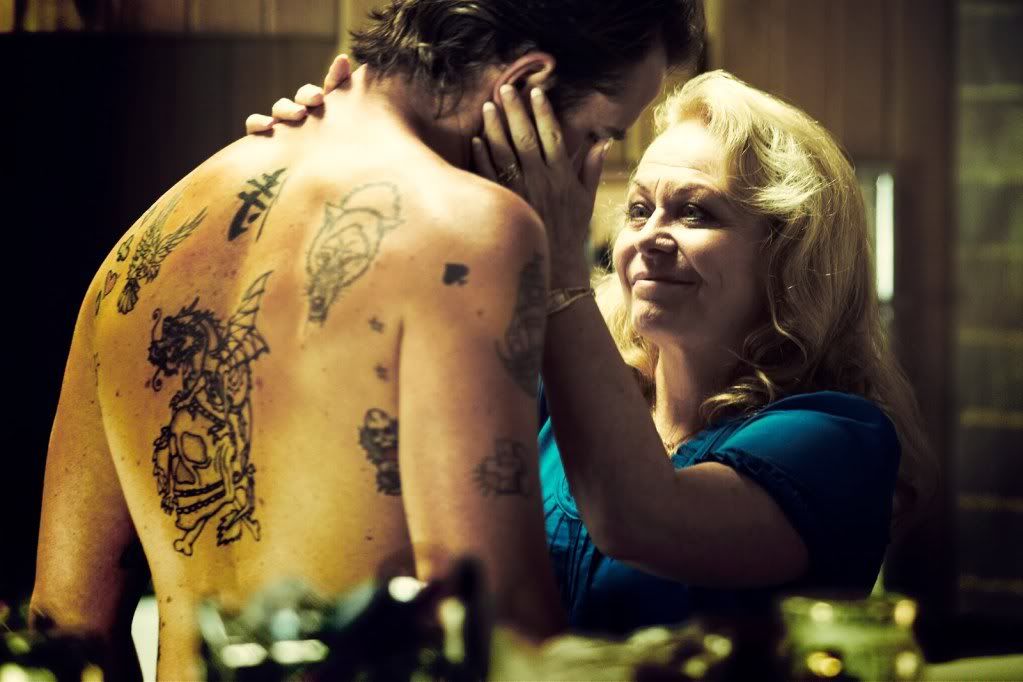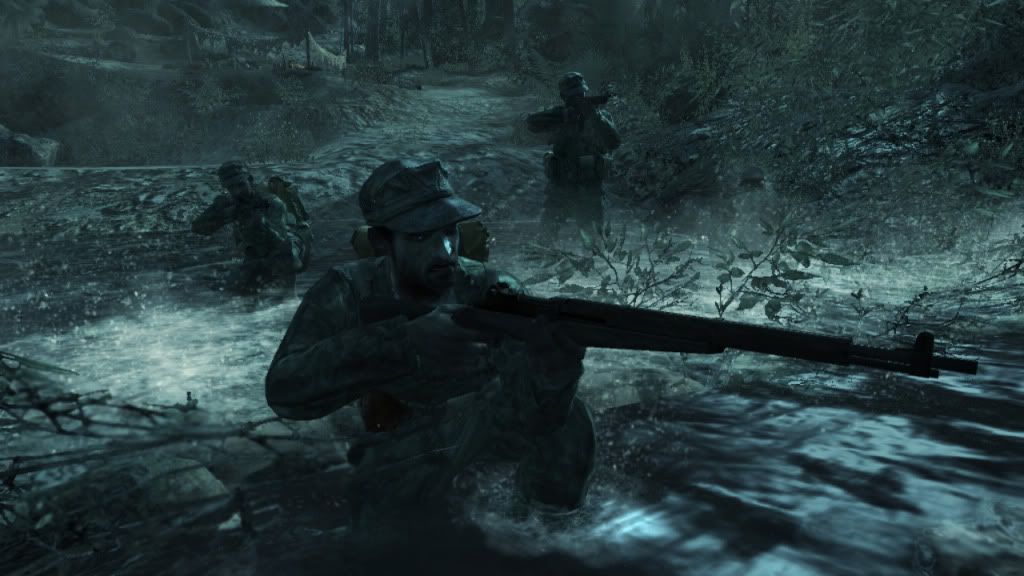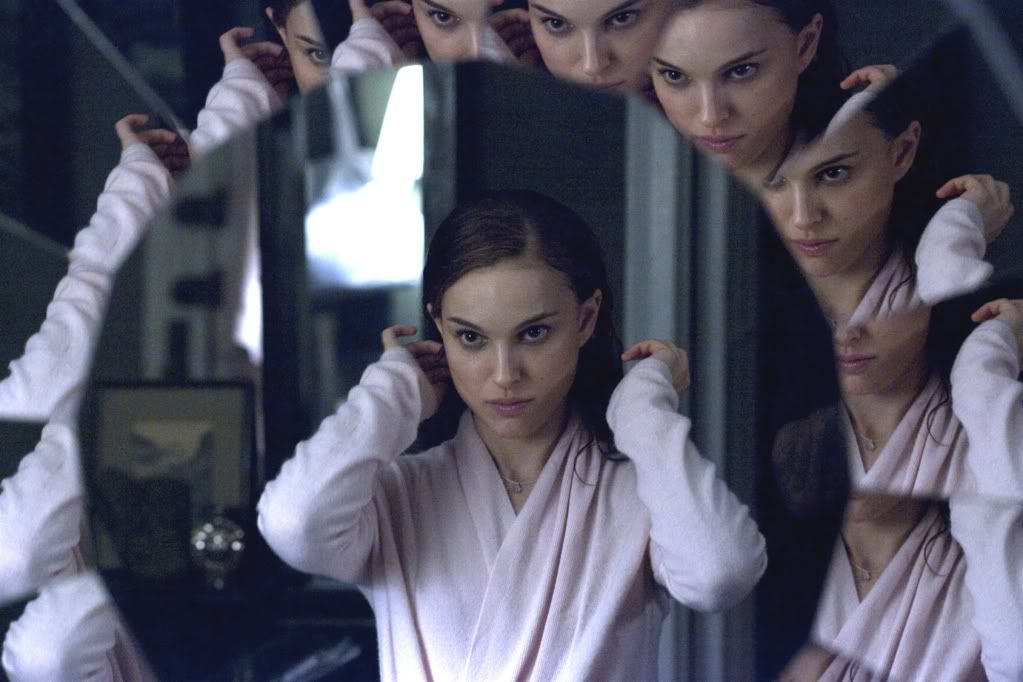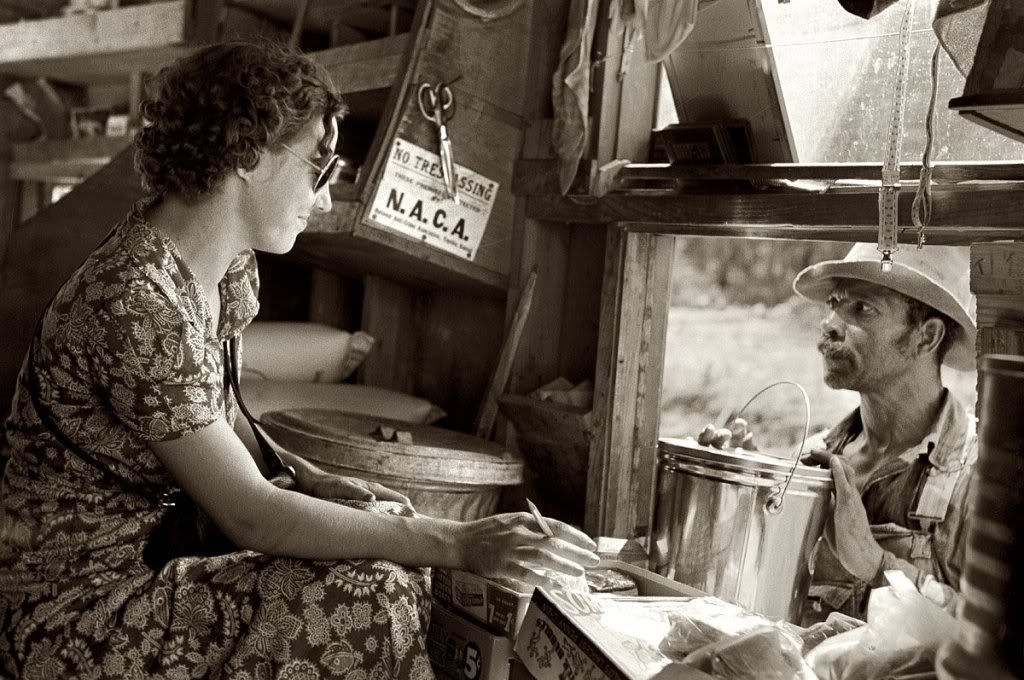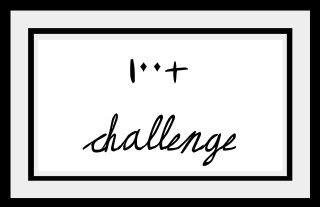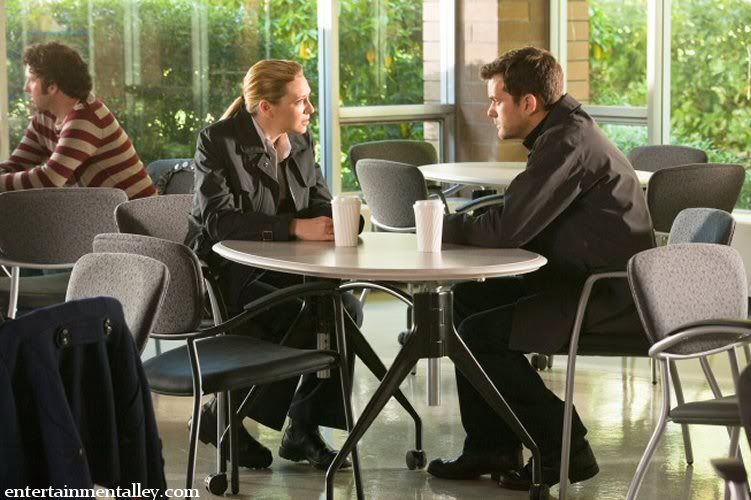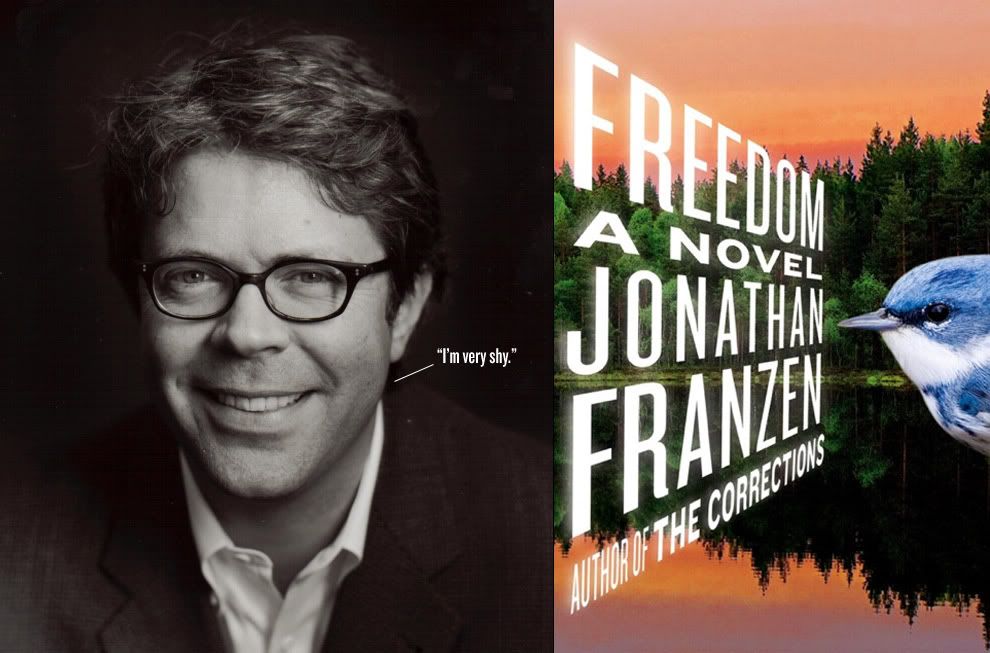
So this is the 2nd book I've ever read through on my wonderful new Kindle (hooray!).
Jonathan Franzen has vocally expressed his opposition to e-readers, saying that they spoil the experience of reading books. Having completed the novel, this is definitely an act of self-defense; the Kindle lets you highlight frequent examples of shockingly turgid prose, to spy every repetition, to easily go back and spot inconsistencies. Basically, it lets you be a close reader without the immersion-destroying activities of picking up a pen to mark the text.
It's been a week since I've finished the novel, in a 3 night burst that left me staying up until five in the morning and still getting up in time for work. I have to say, this is the way you should read it; don't try to savor it, for there is little to savor. Appreciate the ambition of Franzen's work, appreciate the scope, but still, don't dwell. Because there are a lot of problems.
THE CHARACTER PROBLEM
The novel has a serious character problem. It's not only that the characters are completely unlikeable (though that's certainly true), it's why they're unlikeable. They're completely flat! One almost gets the sense that Franzen spent years crafting the particular world and circumstances that his characters will live in, and then dropped in a bunch of tropes to populate that world. So we're left with Patty Berglund, the unhappy housewife, Walter Berglund, the long-suffering husband, Richard Katz, sex-addled and universally adored rock star, and Joey Berglund, the golden son (we are meant to accept this at face value, despite the fact that there is literally no evidence whatsoever that Joey deserves that sort of adoration).
The characters even behave like stock characters; we watch as Walter, in the middle of a wrenching fight with his wife where she has clearly submitted to the futility of all things, rants for pages on end about the overpopulation problem, about the relative merits of dealing with that problem, with global warming, with bird extinction. Franzen expects us to believe that a man at the end of his tether is actually capable of constructing reasonable A>B arguments about policy options while in a phone screaming match with his wife.
A good chunk of the novel is in the form of Patty's 'autobiography.' The plot elements are interesting when taken on their own, but you never lose the sense that this is a man writing in a woman's voice; her thoughts and conclusions are what a man imagines a woman to think, rather than what she actually thinks. This is made worse because Patty is writing about herself in the third person, and frequently refers to herself as 'the autobiographer.' The psychic distance is just too great to care much about what she has to say, or to try and empathize with her.
THE EDITING PROBLEM (AKA THERE IS NO EDITOR)
Franzen also seems to have a little difficulty in treating his readers like they are living, thinking people (maybe the stock character problem is actually a representation of how he views all people in the world). Take this sentence, for example:
Walter was frightened by the long-term toxicity they were creating with their fights.
It's short, it's succinct, it says everything you need to know, and with poignance. It's a clear and uncomplicated metaphor, which is why it's vaguely insulting when placed in context.
Walter was frightened by the long-term toxicity they were creating with their fights. He could feel it pooling in their marriage like the coal-sludge ponds in Appalachian valleys. Where there were really huge coal deposits, as in Wyoming County, the coal companies built processing plants right next to their mines and used water from the nearest stream to wash the coal [...]...there was no way around the fact that when you dug up coal you also unearthed nasty chemicals like arsenic and cadmium that had been safely buried for millions of years. You could try dumping the poison back down into abandoned underground mines, but it had a way of seeping into the water table and ending up in drinking water. It really was a lot like the deep shit that got stirred up when a married couple fought: once certain things had been said, how could they ever be forgotten again?
Did you get it? Did you understand the metaphor? Cause if not, Franzen not only expanded on it, but used another lazy simile at the end to remind you in case you'd forgotten! This is not entirely his fault; it's overwritten, and any decent editor would have attacked it with his red pen. But Freedom's editor dropped the ball repeatedly.
See here, a lazy writing device that never fails to drive me up the wall, the stuff of bad screenplays:
"I assume Joey's already taught you our house game?"
"Yeah, I totally suck at it," Joey said.
"[That's good, but let me explain all the rules anyway!]"
THE BUSH PROBLEM
To make this novel seem modern and relevant, Franzen seemed to have occupied himself in the masochistic job of figuring out what the hell happened in the Bush administration. But I don't think I'm wrong in saying that no one cares anymore except to wonder who we can prosecute; that was an era of cynicism that has long been replaced by something else; something represented only tangentially in the Berglund daughter, Jessica. Jessica gets no time in the novel, despite being the only one who might actually speak to the realities of modern liberal activists; we are not so bothered by the tricks marketers and politicians use because we know what those tricks are, and therefore are not as prey to them. We are less willing to compromise our ideals; and we are more willing to use so-called 'tools of oppression' to our advantage, for better or for worse.
But instead of Jessica, we get a hundred odd pages of Joey's pointless, irritating, and retrograde perspective. We learn, in gratuitous detail, how often he masturbates, what he masturbates to, and the general state of his dick at any given moment. Representative sentence:
"His dick, in his boxers, bestirred itself again, as if to declare its upness for the challenge."
Boring and inane. In Joey's section, we are also subjected to the arrant stupidity that leads him to becoming a Republican toadie, which would be interesting if it didn't have the depth of a puddle. His roomate's dad is one of the higher ups in the Jewish Republican establishment, and somehow seduces Joey into it. That's it. That's the only explanation for why Joey turns his back on his family's core beliefs and commits some truly heinous acts later on (that and some inexplicable loyalty to a girl that he seems to hate, but marries anyway. Actually we spend a lot of time on that relationship, and yet we have no understanding for why we are expected to think of this as a happy marriage, or a relationship that would have, in any way, continued after high school. Franzen tries to offer explanation, but none of it rings remotely believable).
OVERALL
If I am excessively harsh on this novel, which I did enjoy at the end, it's because I cannot for the life of me understand the praise it has received. The first quarter is excellent, the last quarter is excellent, but the middle sags with pretension and pseudo-political nonsense. I haven't even mentioned the Richard Katz section, which, like the Joey section, the novel would have been better without. If I wanted to read about some aging hipster ragging on Bright Eyes fans, well, I don't. Nor do I wish to read about how boring and awful it is that so many hot girls want to have sex with him, or how mainstream success somehow equates to selling out your soul. Representative Katz quote:
"And now that his prophetic dick, his divining rod, was again pointing him in her direction, he was at a loss to recall why he hadn't taken fuller advantage of his opportunity with her."
I have a feeling this book may have rung more true to me if I were a college freshman, as it is filled with the sort of cod philosophy we would espouse in the dormitory hallways at 4 in the morning, high on nothing but caffeine and dreams. But just like our youthful musings, this novel seems to bear little relationship with the real world. And I am speaking as a disillusioned liberal about a book whose core theme is the disillusioning of liberals. In fact, if I didn't already know that Franzen was liberal, I might have assumed this novel was written by someone with a Fox News view of them; one without understanding or actual vision, just a bunch of assumptions and stereotypes.
If you feel compelled to read it, read it fast, so you won't feel like you've wasted tons of time on it. But that said, if you're in the mood for a doorstopper with socio-political commentary, there are other books I'd recommend instead. Vanity Fair is the first to come to mind.


